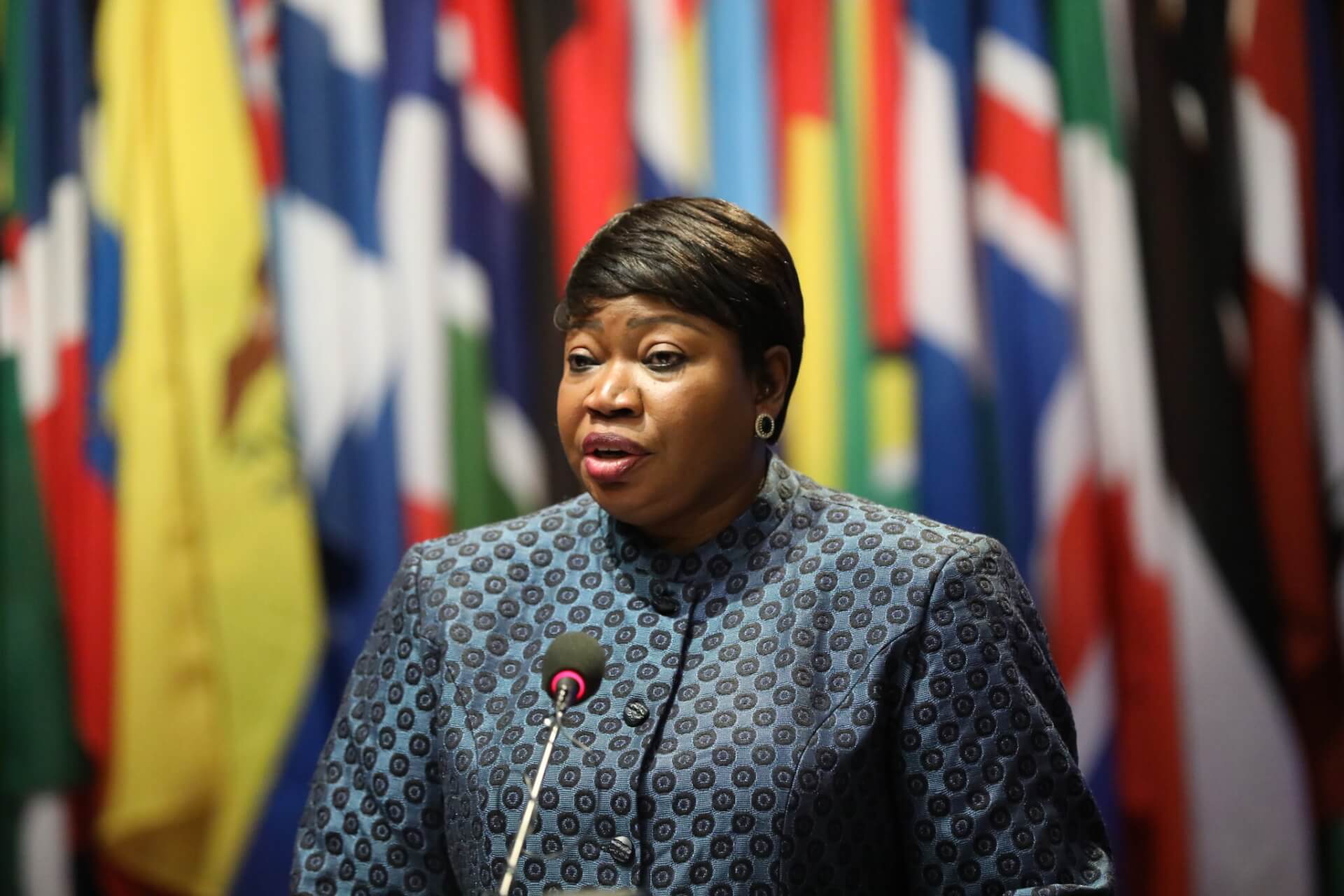Germany and Hungary on Tuesday decried the International Criminal Court’s (ICC) Friday ruling that said that the court has jurisdiction to investigate alleged war crimes by the Israeli Defence Forces (IDF), Hamas, and other Palestinian armed groups in Israeli-occupied territories of the West Bank, Gaza, and East Jerusalem.
The countries joined a number of others—including Australia, the United States (US), Canada, the Czech Republic, Austria, Brazil and Uganda—who have voiced opposition to such a probe, arguing that the absence of a sovereign Palestinian state meant that it could not legitimately accede to the Rome Statute (which established the ICC), and therefore the Court could not exercise jurisdiction over the matter. Israel is also not a member of the ICC.
German Foreign Minister Heiko Maas echoed similar sentiments on Twitter on Tuesday, saying: “The court has no jurisdiction because of the absence of the element of Palestinian statehood required by international law.” Maas also reaffirmed Berlin’s support for the ICC and for a future Palestinian state “as part of a two-state solution” negotiated by the Israelis and Palestinians.
Our positions on #MEPP and the ICC in general remain unchanged, too: Since its foundation, 🇩🇪 has been one of the ICC’s strongest supporters. We support the establishment of a future Palestinian state as part of a two state solution negotiated by Israelis and Palestinians. (2/2)
— Heiko Maas 🇪🇺 (@HeikoMaas) February 9, 2021
Meanwhile, Hungarian Foreign Minister Péter Szijjártó took to Facebook to express the country’s displeasure at the ICC’s decision, saying that Budapest had already signalled its views during the initial legal procedure that Palestine “did not have criminal jurisdiction over Israeli citizens.” The minister added that Hungary has “always supported Israel’s right to defend itself” and believed that sustainable peace in the region was only possible through dialogue between the two sides based on mutual respect. “The decision of the ICC does not take us closer to this,” Szijjártó said.
Israel, for its part, has fiercely criticised the ICC’s ruling, labelling it “pure anti-Semitism” and has vowed to fight it. “The court established to prevent atrocities like the Nazi Holocaust against the Jewish people is now targeting the one state of the Jewish people,” Prime Minister Benjamin Netanyahu said on Saturday. Referring the Court’s potential look into Israeli settlements in the West Bank, he said, that the ICC was “outrageously” claiming “that when Jews live in our homeland, this is a war crime… It claims that when democratic Israel defends itself against terrorists who murder our children, rocket our cities, we’re committing another war crime.”
According to local media reports, the Israeli foreign ministry on Sunday also ordered a number of its embassies across the world in allies nations to deliver “discreet messages” to ICC chief prosecutor Fatou Bensouda and reach out to heads of states to publicly oppose the Court’s decision. Israeli Foreign Minister Gabi Ashkenazi additionally reached out to several counterparts worldwide to put pressure on the Court and keep it from taking any actions against Israel.
Unsurprisingly, Palestine has welcomed the Court’s ruling. The Palestinian Authority’s (PA) Civil Affairs Minister Hussein al-Sheikh hailed it as “a victory for truth, justice, freedom and moral values in the world.”
It is now up to Bensouda to decide whether she wants to launch an investigation into the matter. The ICC is meant to serve as the last resort when countries’ own judicial systems are not able or are unwilling to investigate or prosecute war crimes. Given that the Israeli military has mechanisms – despite their many flaws – to address such issues, experts claim that the country could potentially escape a probe. Furthermore, because the international court tries individuals and not countries, Israeli officials said on Friday that they do not currently anticipate any immediate threats to senior Israeli political or military figures. However, if names of officials come up during the Court’s proceedings, the individuals could face international arrest warrants upon travel abroad.

